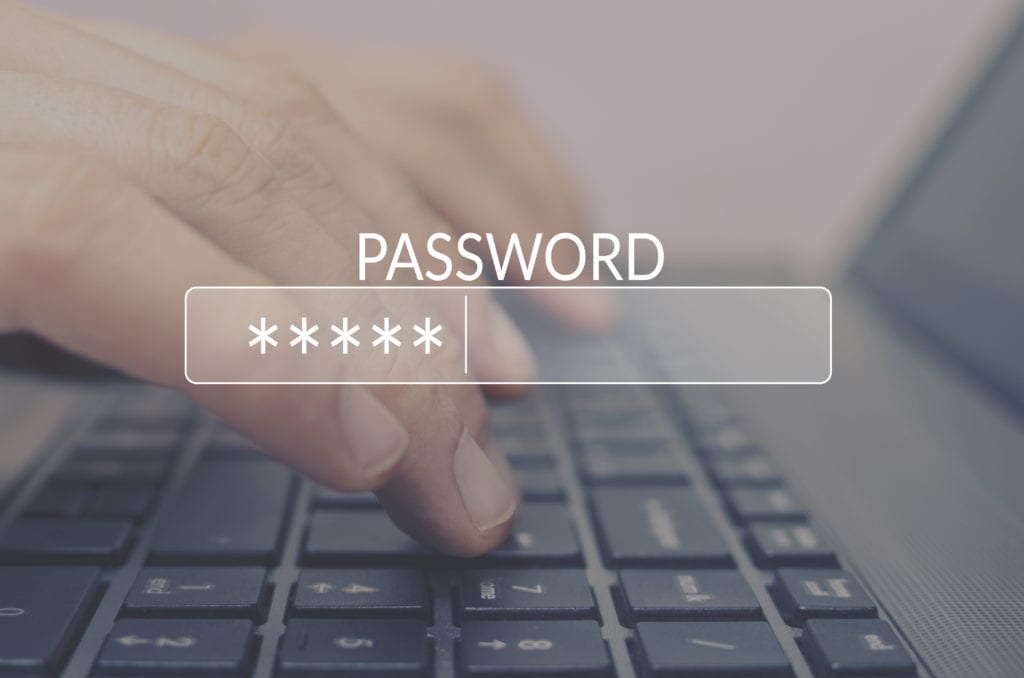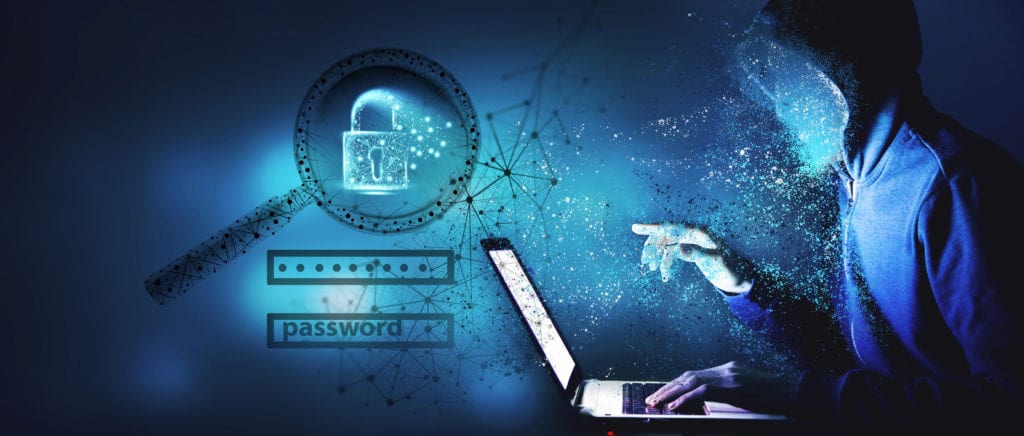Cybercrime is gradually gaining prevalence worldwide. It’s a criminal offense which primarily takes place online or through the use of computer. This crime poses threats which encompass various types of offenses ranging from financial to security aspects.

Most people who encounter cybercrimes have difficulty in dealing with it and protecting themselves from experiencing it again. Are you one of these people? You may seek help from legal service providers like The Myers Law Group to know more about cybercrimes and how to deal with these properly and accordingly.
Most Commonly Committed Cyber Crimes
Cybercrimes encompass a very broad range of criminal offenses which are punishable by law. While the impact of this crime may vary among people, punishments and sanctions depend upon the enormity of the committed offense. Below is a list of the usual committed cybercrime across the world:
- Cyberbullying
Cyberbullying is one of the most common forms of cybercrime committed around the world. This crime occurs when perpetrators use the Internet or any electronic communication, especially social media platforms to intimidate, harass, threaten, or belittle other people. Such an act carries the possibility of civil liability upon the offender.
- Online Impersonation
Under the Texas Penal Code Section 33.07, online impersonation is the crime of using another person’s identifying information, such as name, domain address, and phone number without consent. This crime is primarily committed by offenders to make them gain something from another person through the authorization of the impersonated person. This has also been identified as using another person’s identity to commit fraud and harmful acts on someone else.
- Child Pornography
The creation, possession, or distribution of pornographic images of a child is a crime of child pornography which is punishable by law. Unfortunately, the Internet has been a useful tool for child pornographers and molesters to commit this crime. This is also one of the most prevalent cybercrimes across the world.
5 Tips On How To Protect Yourself From Cybercrimes
The use of the Internet gave rise to the prevalence of various forms of cybercrimes and offenses. This is the reason anyone who uses the Internet should practice precautionary measures.
To help you more, here’s a list of how to protect yourself from the various forms of cybercrimes out there:
- Use Strong Passwords
Using strong passwords in all your personal and social media accounts reduces the risk of them being hacked by perpetrators. A strong password comprises uppercases and lowercases, numbers, letters, and symbols. Also, know that the longer your password is, the harder it is to hack your account.

- Keep Your Software Updated
Cybercriminals often use bugs and viruses to get into your computer. Keeping your software updated helps in lessening the possibility of being a target of criminal activities. This is also important in operating Internet security software and operating systems.
- Use Internet Security Services
Various internet service providers offer protection against existing and emerging malware, including viruses. These service providers also help in protecting your private and financial information.
- Manage Social Media Settings
The less you share publicly, the better. Also, you should learn how to filter everything that you post on social media. Always think before you click, as there’s a saying that nothing’s entirely private in social media platforms.
- Know What to Do
It may be difficult to avoid being a victim of cybercrimes as this encompasses various forms of offenses. The least you could do is to know how to deal with it properly. Hiring legal services and talking to a professional lawyer who specializes in this field may be of great help to you. This is also be beneficial not just to you, but also to the people you know who may be a potential victim.
Conclusion
The use of the Internet gave rise to both beneficial and harmful effects to everyone. In spite of its benefits, basic precaution and discretion should also be observed to avoid being a victim of criminal activities and offenses.

